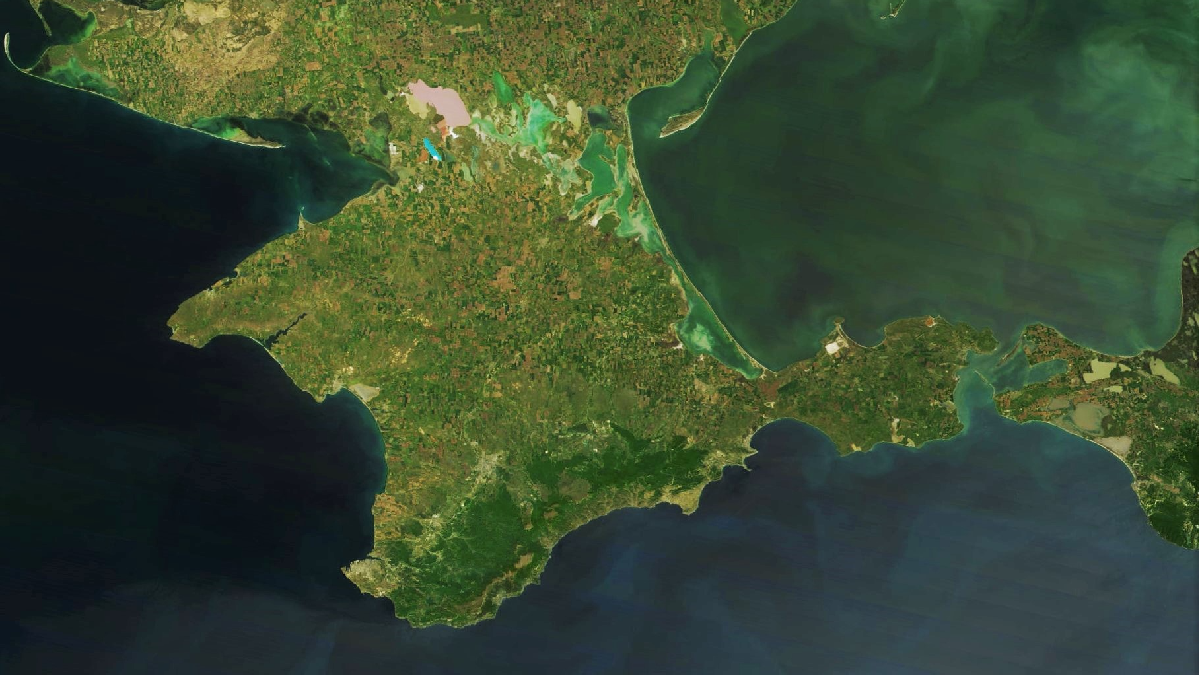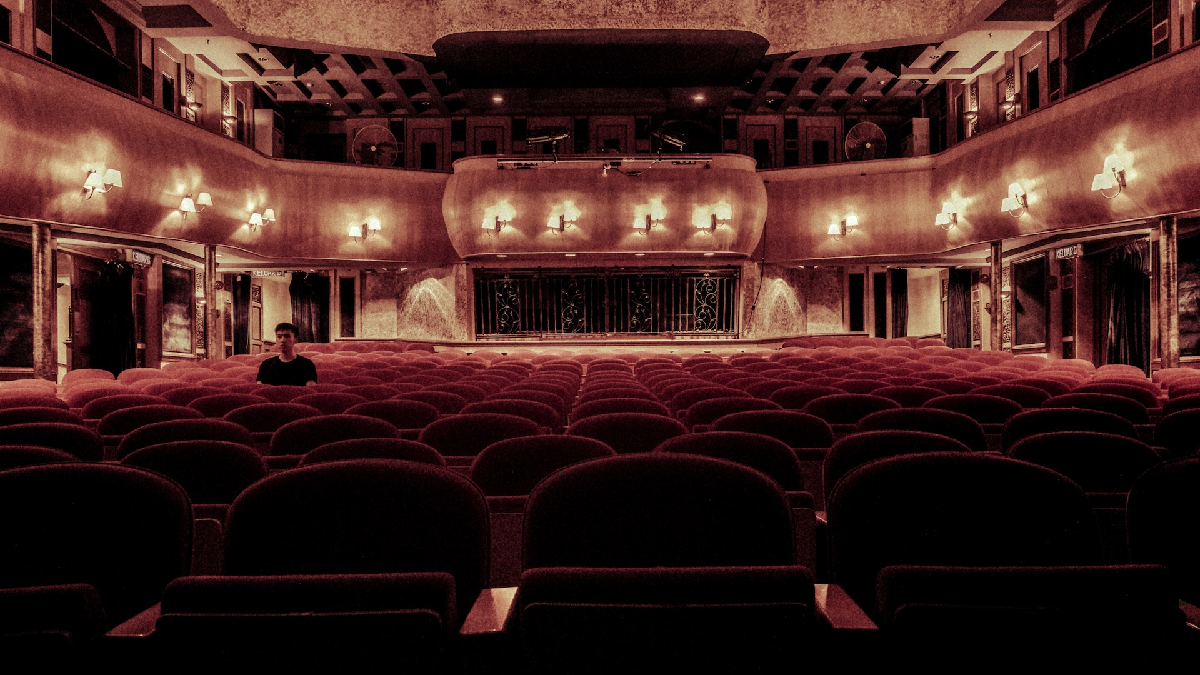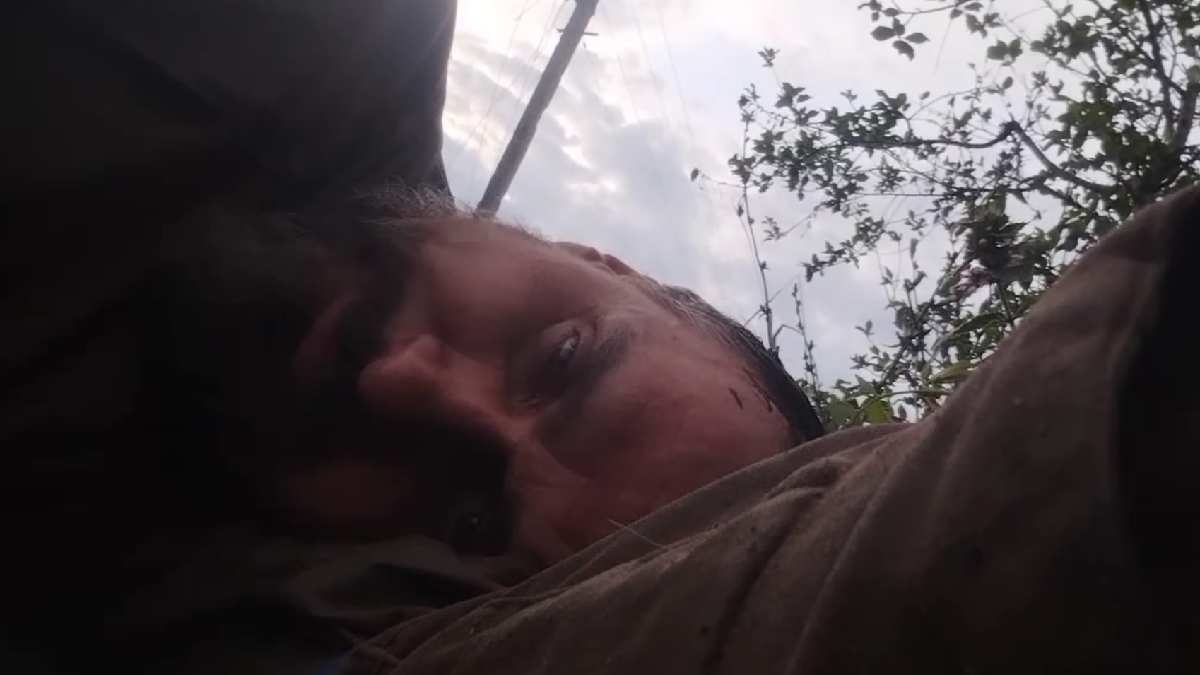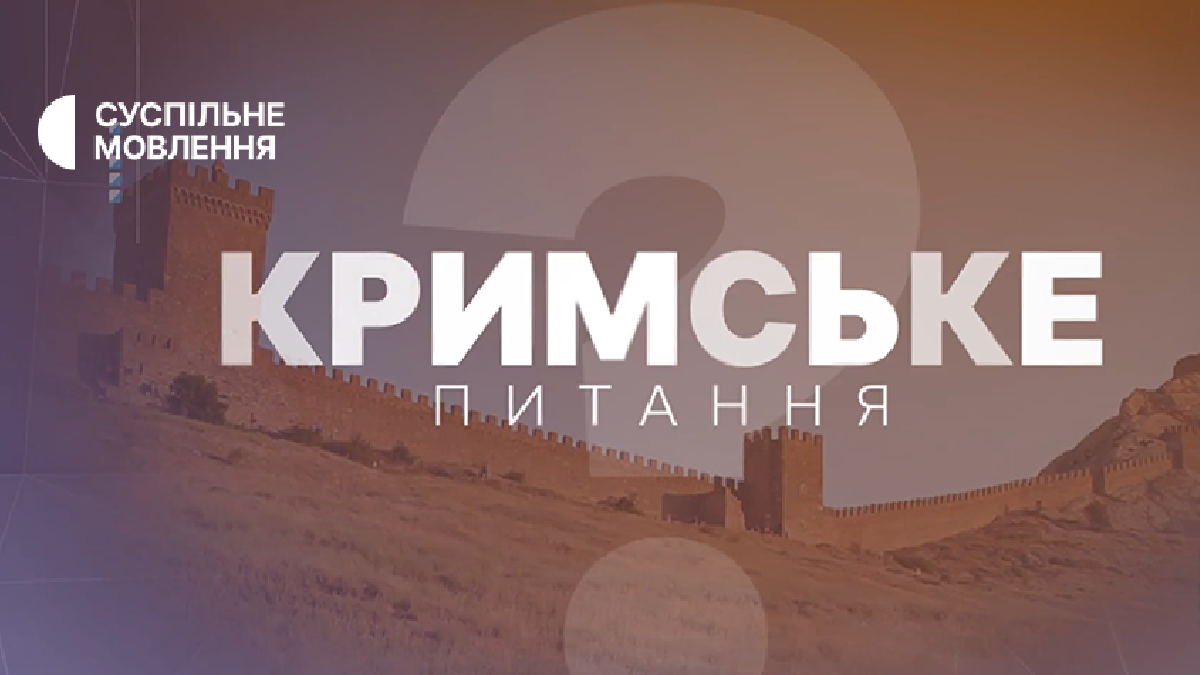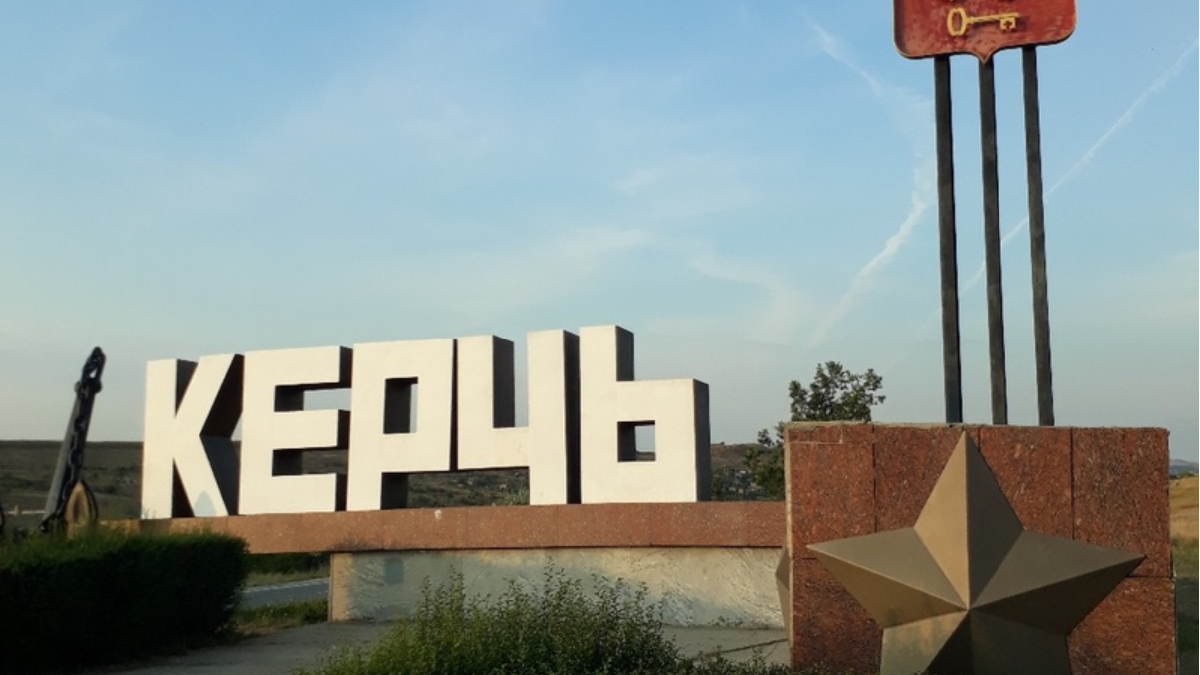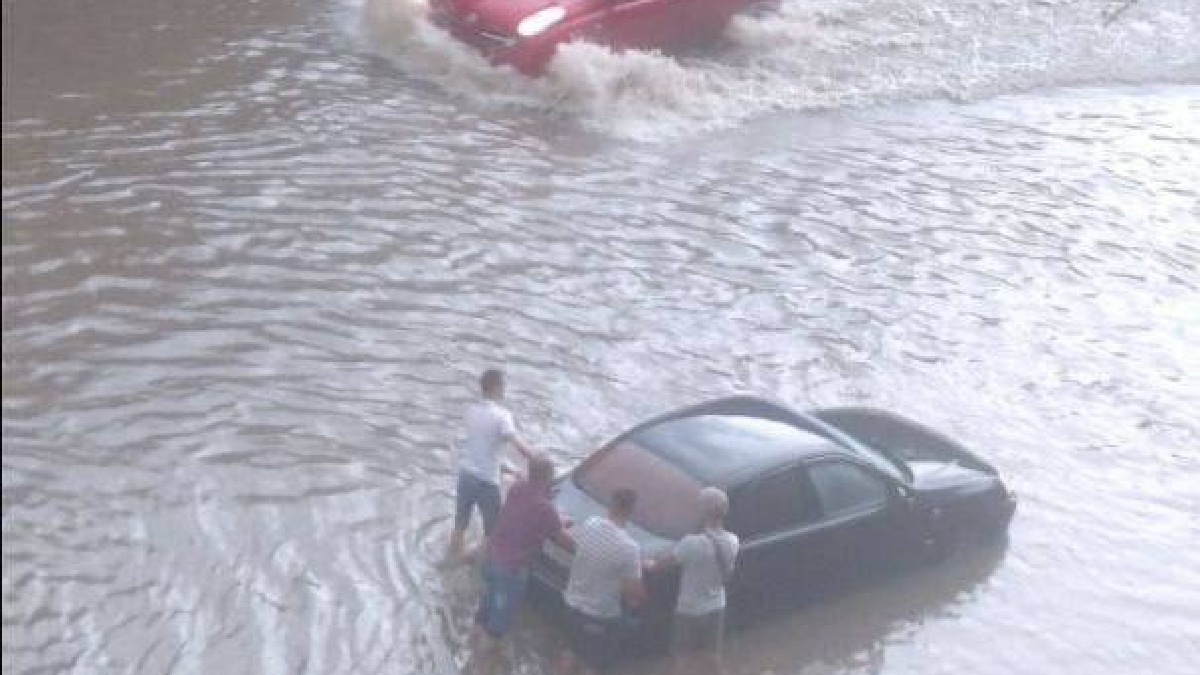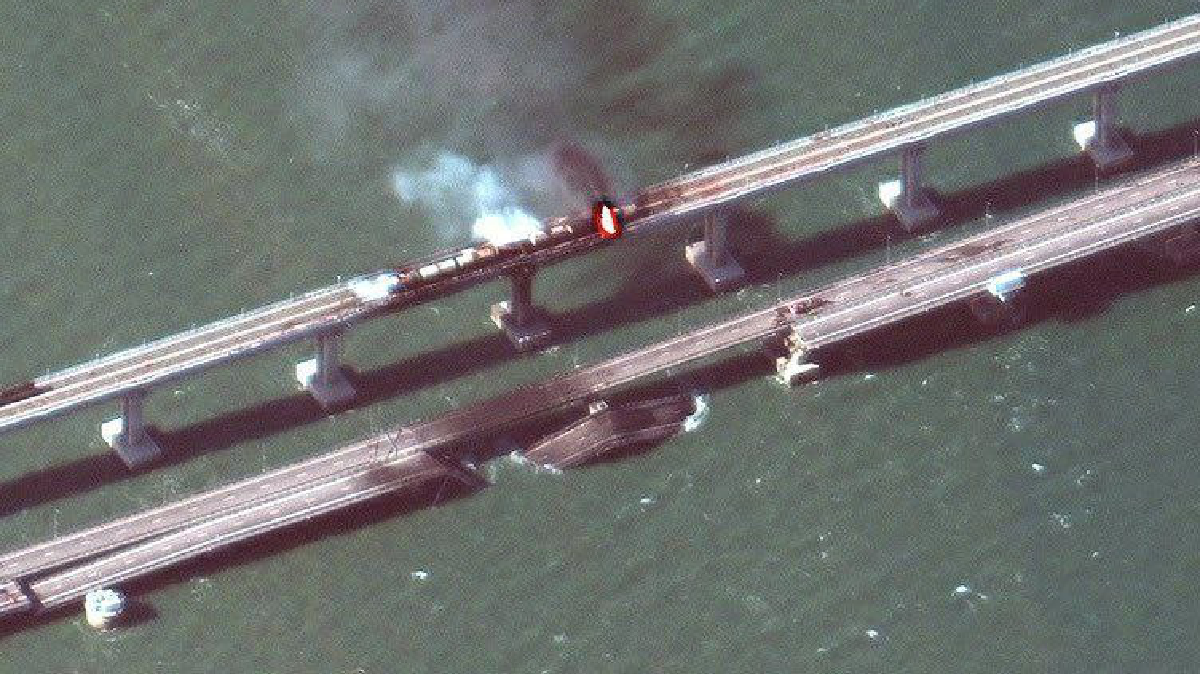The topic of Crimea at the Lviv Media Forum: advice from media experts
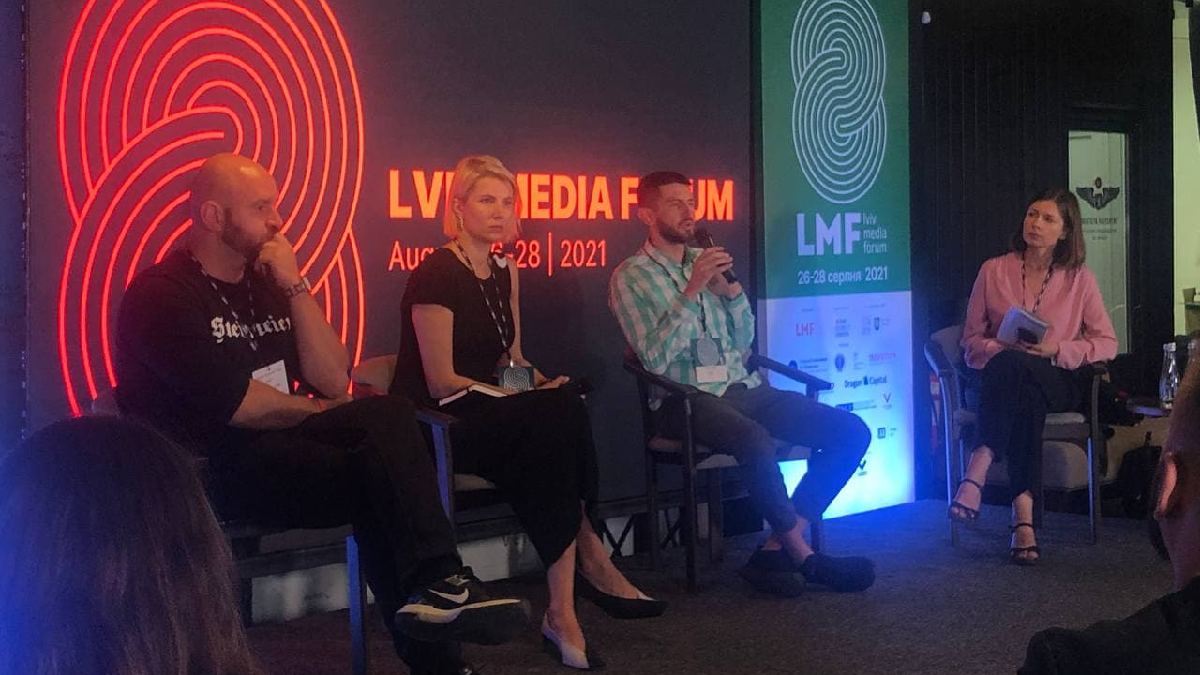
At least 100 people took part in the VIII Lviv Media Forum, a media conference held on August 26-28 in Lviv. For three days, speakers, including foreign and Ukrainian media experts, journalists, editors, directors, digital professionals, shared skills and experience, taught how to develop themselves and their projects. Among the participants of the media conference are Ukrainian reporters, journalists of various publications, both national and regional and niche.
In his speech at the opening of the VIII Lviv Media Forum, Ukrainian journalist Andriy Kulikov said: "Just as journalism is what we do now, so will journalism be what you do tomorrow".
This year a separate panel of the forum was dedicated to the occupied territories of Ukraine, in particular - Crimea. Among the topics of discussion were the return of the Crimean topic to the agenda, the creation of a media collaboration for the sake of the Ukrainian narrative, how to talk and write about the occupied territories without the possibility of physical presence on the ground.
"In order to return the topic of Crimea to the Ukrainian media space, the participation of the Ukrainian state is needed", - Pavlo Kazarin, a publicist at NV and Krym.Realii, told Suspilne Crimea.
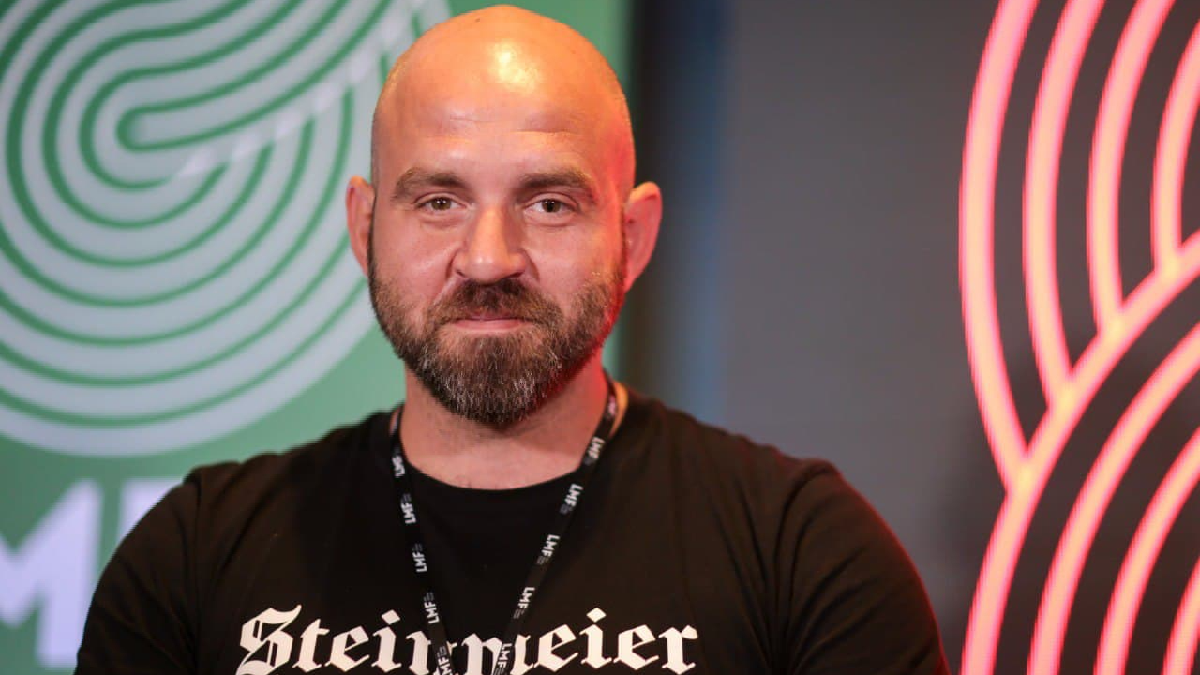 Pavlo Kazarin. Source: Suspilne Crimea
Pavlo Kazarin. Source: Suspilne Crimea
“Crimea's presence in the Russian media is, first of all, ensured, in part, by the Russian state, and I believe that without the participation of the Ukrainian state, without creating informational reasons, such a return of Crimea to the Ukrainian media is impossible.
Secondly, in my opinion, Crimea should be contextualized, explaining that Crimea was the beginning of a huge war, which was declared not so much by Moscow to Kyiv, but by Moscow to the West, and Ukraine was hit only by its efforts to become part of the West.
Third, it is necessary to diversify and take into account the different requests of the audience, because people consume information from the media for different reasons, in particular, it is the search for personal information, it is the rationalization of their own beliefs and entertainment. I think we need to take this into account and work with different formats, focusing on a specific part of the audience".
"Talking and writing about Crimea should be thematic", - said Alim Aliyev, deputy director-general of the Ukrainian Institute and media consultant, in a comment to Suspilne Crimea.
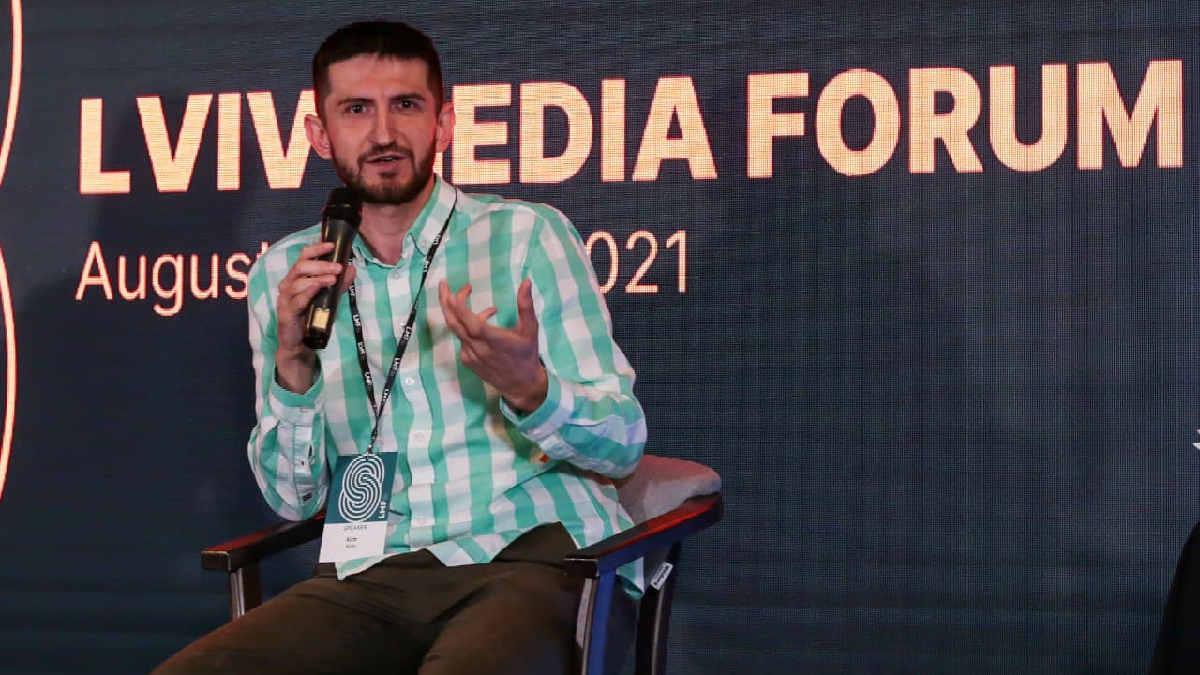 Alim Aliyev. Source: Suspilne Crimea
Alim Aliyev. Source: Suspilne Crimea
“We should not (ed.) Forget about the human aspect of Crimea, talk about people living in Crimea and talk to these people about Crimea.
Secondly, to speak the language of universal values, because Crimea is more than an occupation, more than a pain for the Crimean Tatars and Ukraine. Crimea is neo-colonization in Europe. And we have to speak through this prism.
It is important to work out not event coverage of Crimea when something happened to us and we mentioned Crimea, but thematic - when we take this or that topic: ecology, economy, human rights, cultural heritage - we reveal and give depth. Because of this depth, we can not only bring new narratives but also talk about Crimea more widely for completely different audiences".
"In the work of a journalist, it is important to constantly improve and adapt tools", - advises Pavlo Reshko, a reporter and head of the Polish magazine Polityka.
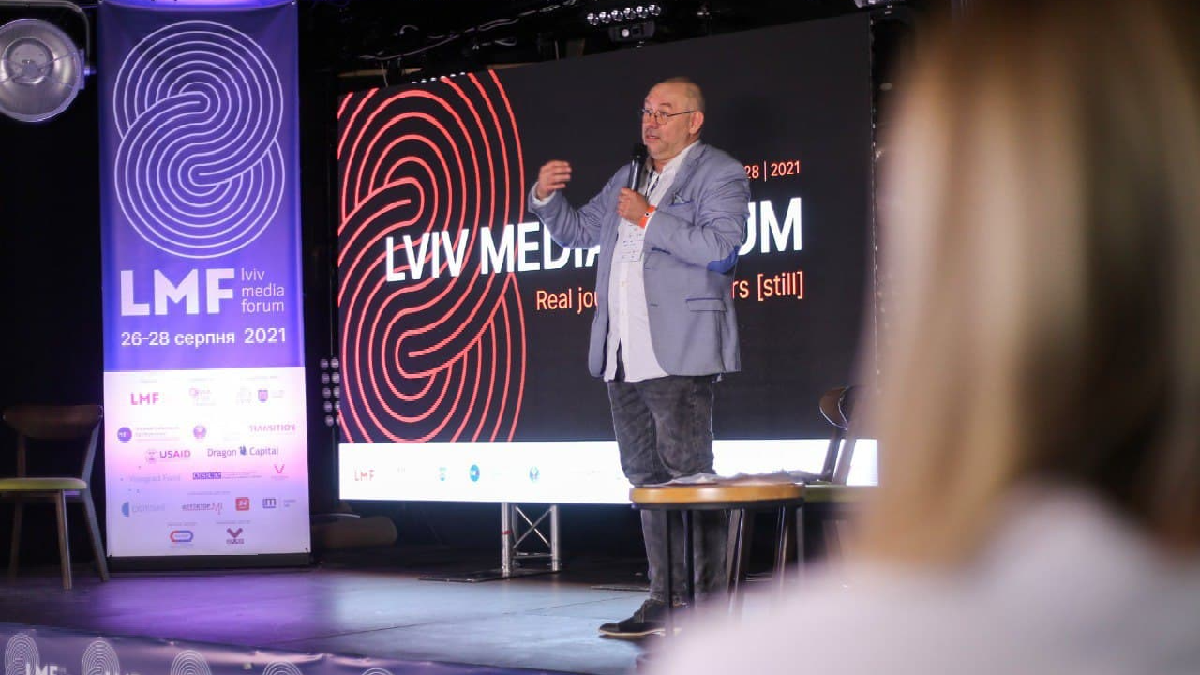 Pavlo Reshka. Source: Suspilne Crimea
Pavlo Reshka. Source: Suspilne Crimea
Suspilne Crimea correspondent: Pavlo, the report focuses on the person around whom the story is built. How to write or work for a journalist on the topic of Crimea, being outside it? Given that people from occupied Crimea are sometimes afraid to communicate even on Skype?
Pavlo Reshka: “I imagine how difficult it is. To some extent, we encountered this during the COVID-19 pandemic, because we could not communicate with our heroes, because everyone was afraid, all the cafes were closed, it was impossible to meet them. I couldn't work like that, I even got a job in hospitals to communicate with people. But it wasn't always possible, so I developed this tool: every night I called or wrote to doctors I knew, or they contacted me. Later, my Facebook page turned into a kind of e-mail address to which all Polish doctors who worked with COVID-19 can write, complain, tell something…"
Susppilne Crimea correspondent: Is it possible to create a report without a hero?
Pavlo Reshka: “There are circumstances when you try to make a report without a hero, for example, when you get to a city during the war, and people in this city are scared, do not go anywhere, sit at home. And even in such circumstances, I realized that we are still looking for a person, even if you walk around an abandoned apartment - looking for a photo of those who lived there, some diaries, notebooks. Because it is very difficult if (in such stories - ed.) There is no person. When a person shows up, you, as a journalist, immediately become comfortable.
I even have a story on the subject. 2008, Georgia, Gori (located 33 kilometers from the city of Tskhinvali - the center of the occupied Tskhinvali region of Georgia - ed.), People are very scared because the Russians have already entered the city, it is surrounded by Russians. We get there through all these checkpoints, we are going to report, and there is no one there. We got there in one day, through these difficulties, but how to do a report? There was still a monument to Stalin, there was Stalin Square, some Stalin Avenue… And there is a drunken man in a Georgian military uniform, walking, stops next to the monument to Stalin, puts his hand to his head and says: “Comrade Stalin, here is a war, a complete mess! I am such a sergeant, I demand that you come and put things in order! ” And then I realized that it seems that the report already exists. But it's really hard to create a report without people".
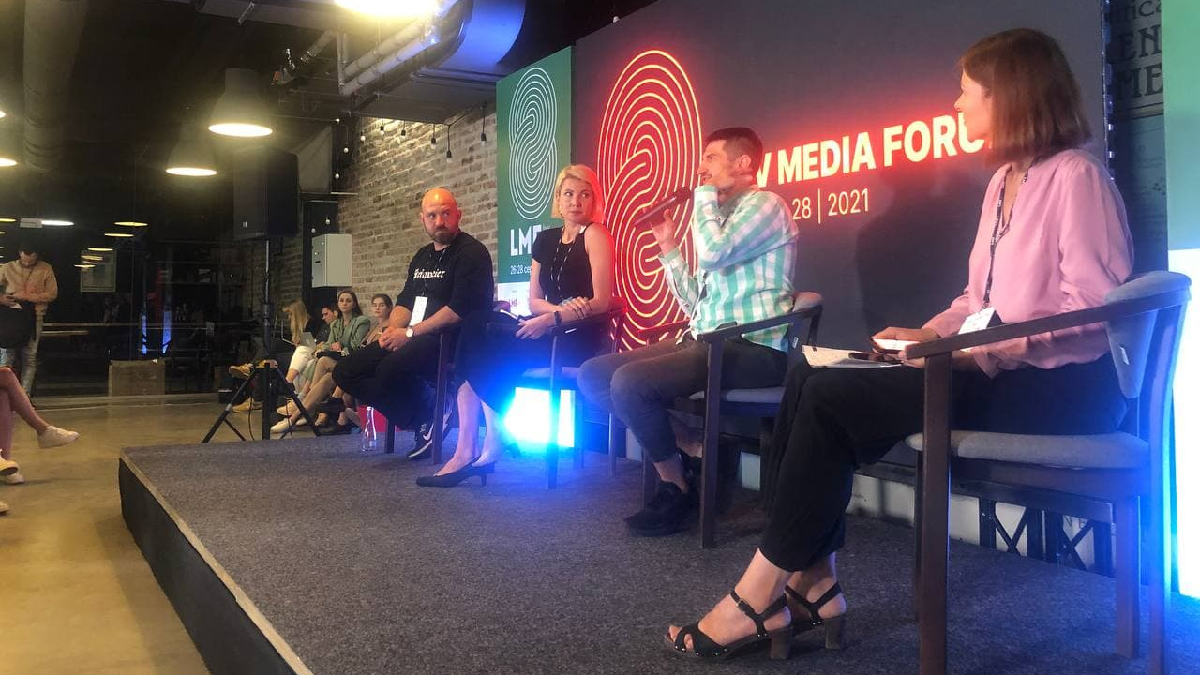 Source: Suspilne Crimea
Source: Suspilne Crimea
Polish journalist Pavlo Reshko also shared his memories of the peninsula with the Public Crimea. Pavlo last visited Crimea in 2014, a few days before the illegal referendum.
Pavlo Reshka: “I remember very well the history of the Ukrainian military from Belbek, who were armed with baseball bats because they lacked weapons. They lived nearby, in "Khrushchev houses" and understood: if they leave here - they will lose all life. Kyiv was silent then, people were standing under the fence, saying: "Well, guys, why are you, we are all Russians, be with us." (Ukrainian military - ed.) Were abandoned and it was something. It was such helplessness and people who were abandoned by their state. And the state then also had a difficult period.
I would go to the Crimea again if no one was watching me there and I would be sure if I visit someone - these people will not have problems. I'm not sure it's possible, it can even hurt these people.
I understand that Crimea is the last piece of land that Russia wants to give away. They had been preparing for this for too long, it was no accident. This plan had been developed many years earlier, they were waiting for the moment to press the "red button". I would love to sit in the cafe in Simferopol, where I sat every night (before the Russian occupation - ed.) And talk to a man who is my age and we communicated very well. And he then asked me: “Pasha, how will everything be? Should I go or stay? What should I do?". I couldn't give him any advice then, but I would very much like to return to that conversation now that so much time has passed. I would like to meet those Berkut soldiers who stayed there. I know the guys who left the warehouse and left, but I'm also interested in those who stayed there".
This publication has been produced with the assistance of the European Union. The author's cooperation with the EU Delegation to Ukraine is based on non-interference in the editorial policy of the Public Crimea. Themes, format, characters are chosen by the editorial board and do not agree with international partners. All materials created in the framework of such cooperation are marked accordingly, and the individual opinions expressed in the materials, their content are the sole responsibility of the authors and do not necessarily reflect the views of the European Union and its institutions.

